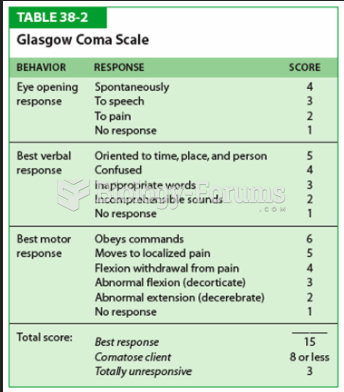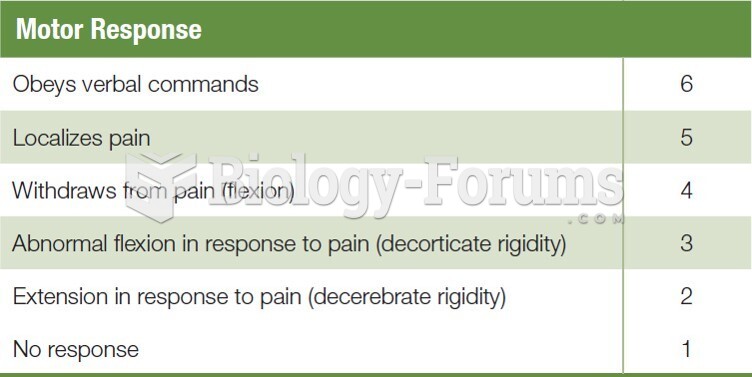Answer to Question 1
ASI
Answer to Question 2
A solo dental practice is owned and operated by one dentist. The dentist owns or leases the office building or suite and all the necessary equipment and furnishings to run what is in essence a small business. The solo- practice dentist usually employs several personnel consisting of at least a receptionist and a dental assistant, but may also employ an office manager to oversee the day-to-day business operations of the practice and an insurance specialist to keep up with the filing and adjudication of claims. Dentists may employ a full-time dental hygienist or contract with a hygienist to come to the office one or several days per week to provide either routine preventive care or definitive periodontal treatment. Some dentists elect to perform routine checkups and cleanings themselves.
A group dental practice is composed of two or more dentists practicing together. The group of dentists is usually incorporated as a legal entity, and the corporation, rather than the individual dentists, owns and operates the business. Ownership of the corporation may be shared equally among the owner-dentists, or there may be one or two majority owners, with the remaining dentists as minority owners. The amount of money each dentist earns from the business is usually based on how well the business does as a whole and the percentage of ownership in the corporation instead of individual productivity. There may, however, be bonuses based on individual productivity. A group practice may also be composed of two or more dentists who share office expenses and equipment but are not incorporated. They practice as a group to benefit from sharing the expenses of running the business but maintain separate financial records and are distinct business entities.







